Obituary: Donald Eugene Brown
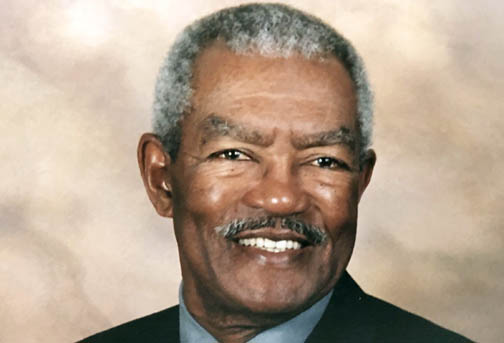
Great-grandfather, longtime DPSS director, US Army veteran, tennis enthusiast
Donald Eugene Brown died peacefully on July 10, with his wife by his side. He was 92 years old.
Donald was born in Harlem Hospital in New York City on June 6, 1928, the fourth child of Robert W. Brown, Jr. and Edna Marie (Crawford) Brown. His family moved to Winston-Salem, North Carolina, where he grew up surrounded by grandparents, aunts, uncles and cousins.
He attended Columbia Heights Elementary School, where his Aunt Imogene taught and apparently reported his behavior, so his parents transferred him to Woodland Avenue Elementary School, where his grandfather, Robert W. Brown Sr., was the principal. His parents believed that his grandfather (Papa) would oversee and discipline him, and he did. Each morning the classes assembled in hallways for devotions, and his grandfather walked up and down the corridors, sometimes thumping him on the head for talking. He later attended 14th Street School, where his Aunt Ernestine taught.
His parents had three more children in Winston-Salem, and the family of nine lived next door to his grandfather and grandmother, Allie Virginia (Curry) Brown. Aunts, uncles and cousins lived in his grandparents’ large house, creating a bustling family compound of their adjacent homes.
He attended Atkins High School through the tenth grade; then, his family moved to Cleveland, Ohio, where he attended East High School. It was his first experience attending an integrated school. He worked part-time jobs in a bowling alley where he set pins, and at University Hospital. He graduated from high school in 1944 at the age of 16, having previously been twice promoted while in elementary school.
After working in a steel mill that summer to save money for college, he went away to Morehouse College in Atlanta. He enjoyed his time there and made many friends, including several young women who attended Spelman College.
His family moved to Detroit, and he took time off from college to drive his mother to needed medical appointments. He worked as a messenger for Detroit Legal News until he returned to Morehouse.
While at Morehouse, he pledged Alpha Phi Alpha fraternity, which was engaged in community activities such as door-to-door voter registration, a perilous activity at that time in the deep South. His fellow classmate, Martin Luther King, Jr., became synonymous with that drive.
He left Morehouse because, despite working lunches at the Biltmore Hotel in Atlanta, he ran out of funds. Dr. Benjamin E. Mays, president of Morehouse College, personally encouraged him to continue his education.
Returning to Detroit, he attended Wayne University until he was drafted into the US Army when the Korean War broke out. After basic training, he was selected for training in army intelligence and later, with top secret clearance, became responsible for classified documents. The army was still segregated at that time, and all of his battalion was black, led by white officers. He never forgot his many experiences off base in Alabama and the hatred of black soldiers by whites.
His army unit was scheduled to ship out for Korea but instead went to Germany. While stationed in Europe, he enjoyed traveling whenever possible to Paris, Milan, Rome, Zurich and Lucerne.
After being discharged from the Army, his family, who had moved to Los Angeles, asked that he join them. There he attended UCLA, graduating in January 1955.
After graduation he found an entry level job as an admissions clerk with the Los Angeles County Hospital. Next, he was hired as a social worker with the L.A. Department of Public Social Services, where he worked successfully, steadily earning promotions to become a supervisor and, despite being a proud union member who went on strike over a promised pay hike, he was finally promoted to deputy district director in South Central/Watts, which had about 400 employees.
He worked hard, was highly respected, and was selected as district director of South Central Los Angeles in May 1970, one of the first black men to be promoted to this important position. He had many stories of scheduling meetings with welfare rights activists, including the Black Panthers, assuring them that he, as district director, was committed to taking care of the community. After several years he became district director of the El Monte district, and later the Pomona district, where he remained until he retired.
He met Evelyn Christine Diaz in 1971 and they married in 1973. He brought a daughter, Rachel, to the union, and they added a son, Julian, and a daughter, Courtney, to the family.
The family moved from Altadena to Claremont in 1978. They bought a newly constructed home that Ms. Brown called her dream house. He planted the trees, bushes, grass and flowers, and he liked to work in the yard and in his large garage. He was skilled at carpentry and household repairs.
In Claremont he made friends with a group of tennis players and enjoyed playing tennis with the ever-growing group that played on various public courts for more than 30 years. He played on weekends when he was still working and four times a week after he retired.
The Browns moved to Mt. San Antonio Gardens retirement community in October 2013. He made many new friends while still playing tennis with his old friends. He enjoyed the amenities there and joined in the various activities including purchasing See’s Candy for the boutique, joining the CERT committee, the personnel committee, the board of Meals on Wheels, and attending the many cocktail parties and theme dinners.
He was a man who loved his large and extended family, ranging from his grandparents, parents, siblings, aunts, uncles, cousins, nieces, nephews, great nieces and great nephews. He loved his wife of 46 years and his three children, who called and visited him regularly. He loved his grandchildren and his great grandchildren and enjoyed being surrounded by their photos.
He is survived by his wife, Evelyn Diaz Brown; children Rachel Tobey Brown, Donald Julian Diaz Brown and Courtney Annalise Moore; grandchildren Kaiya Parlor, Breanna Annalise Cruz (Erick), Imani Jonae Brown and Khori Kali Moore; and great grandchildren Amara Annalise Cruz, Sarai Amara Cruz and Elijah Parlor.
Memorial gifts may be given to the National Museum of African American History and Culture at https://nmaahc.si.edu, click on “Donate.”
A memorial celebration of his life will be held in the future.



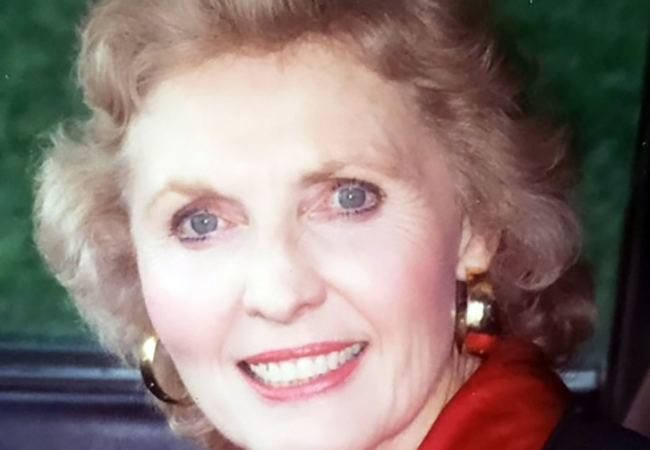
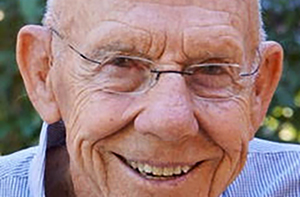
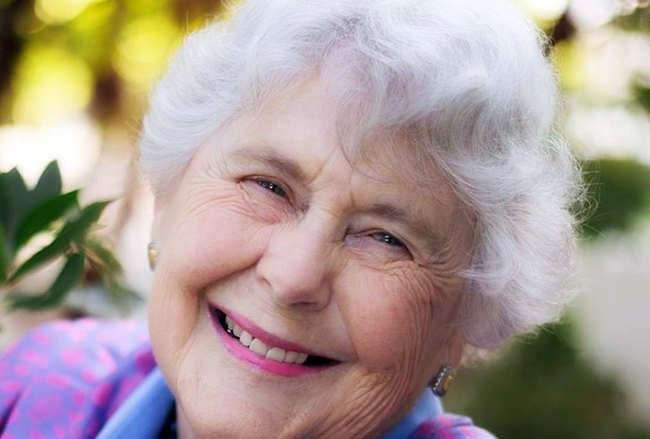
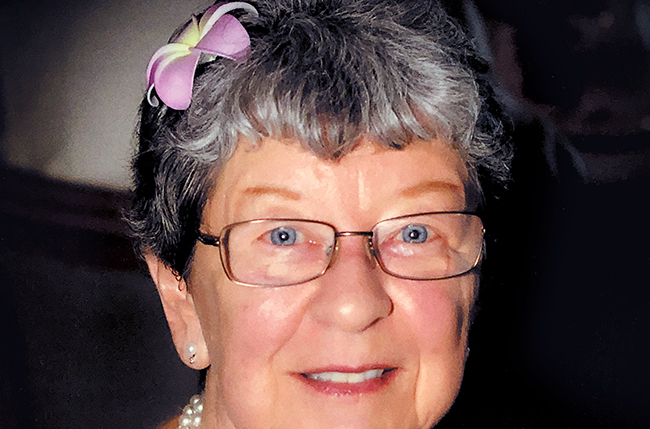
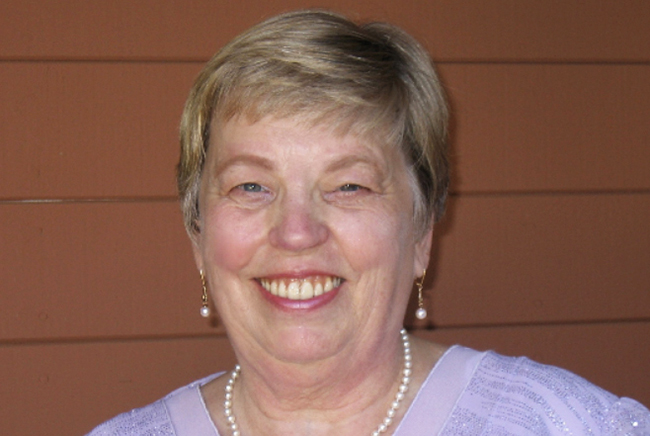
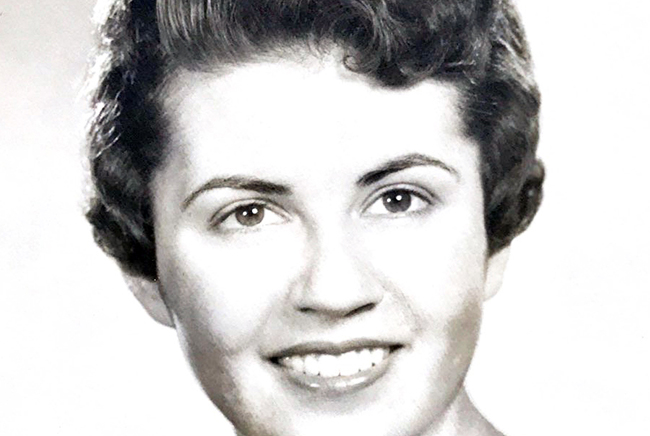

0 Comments